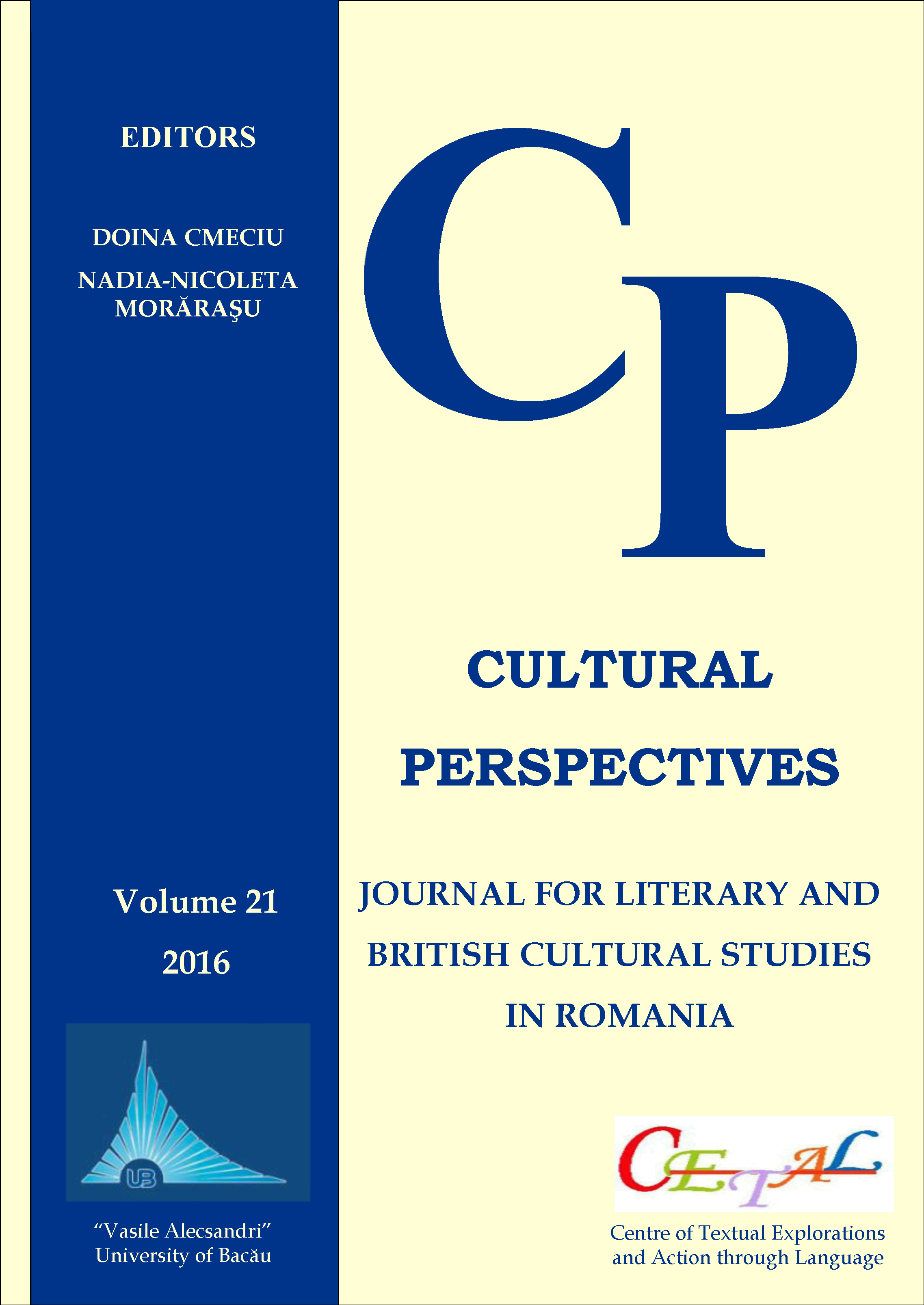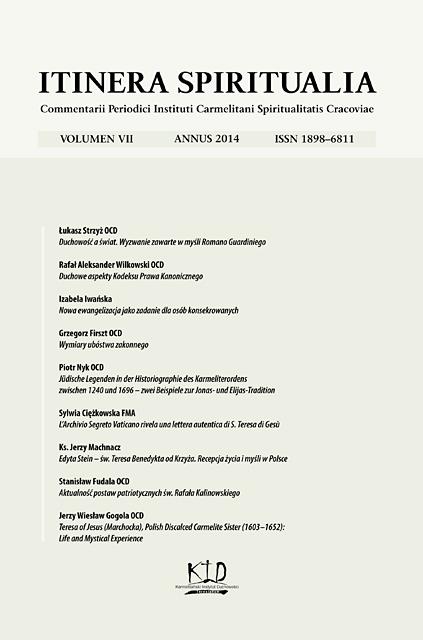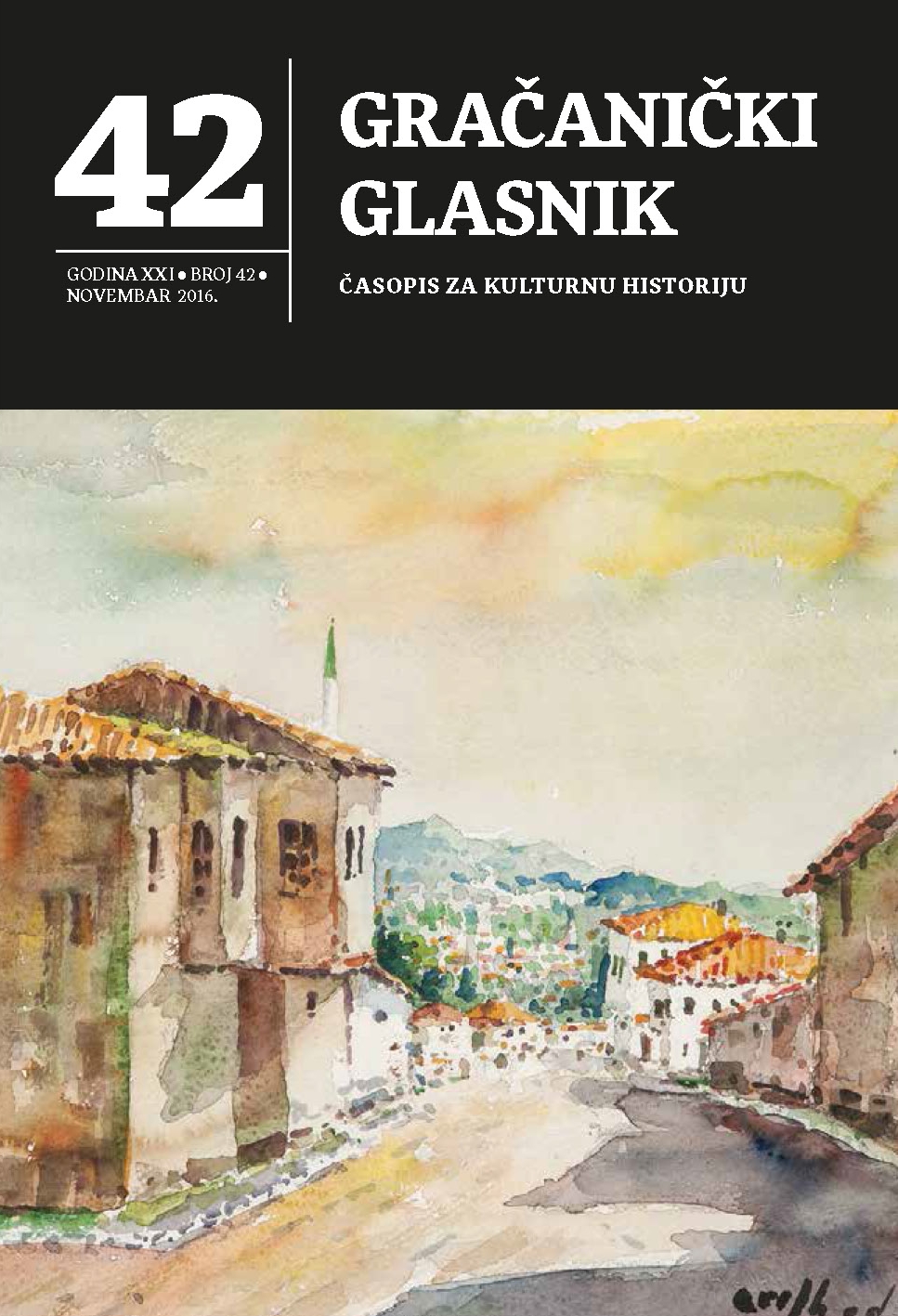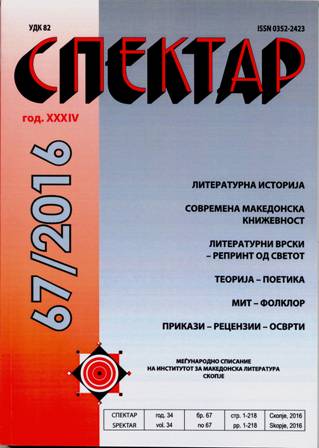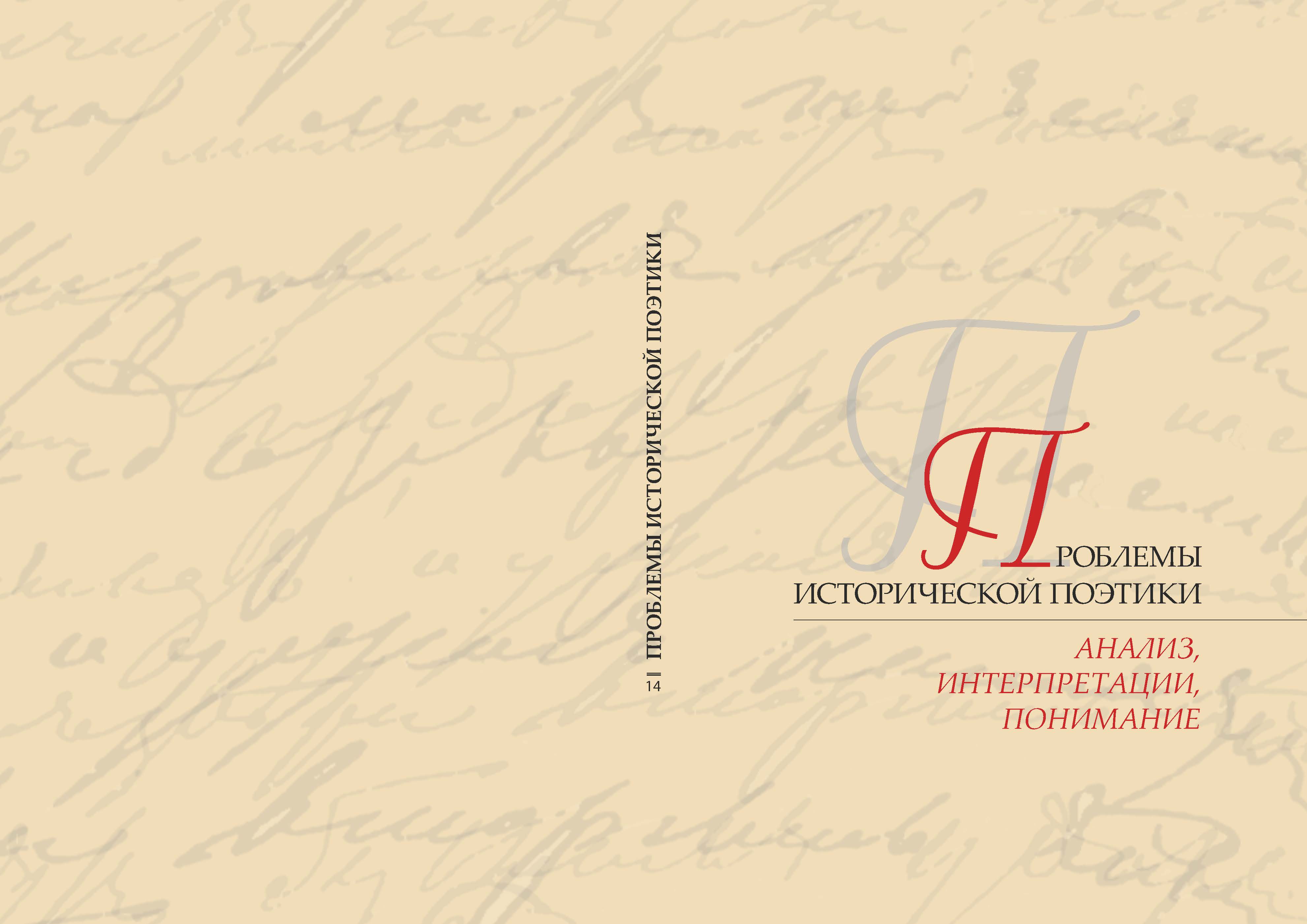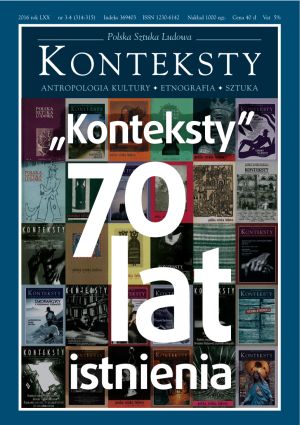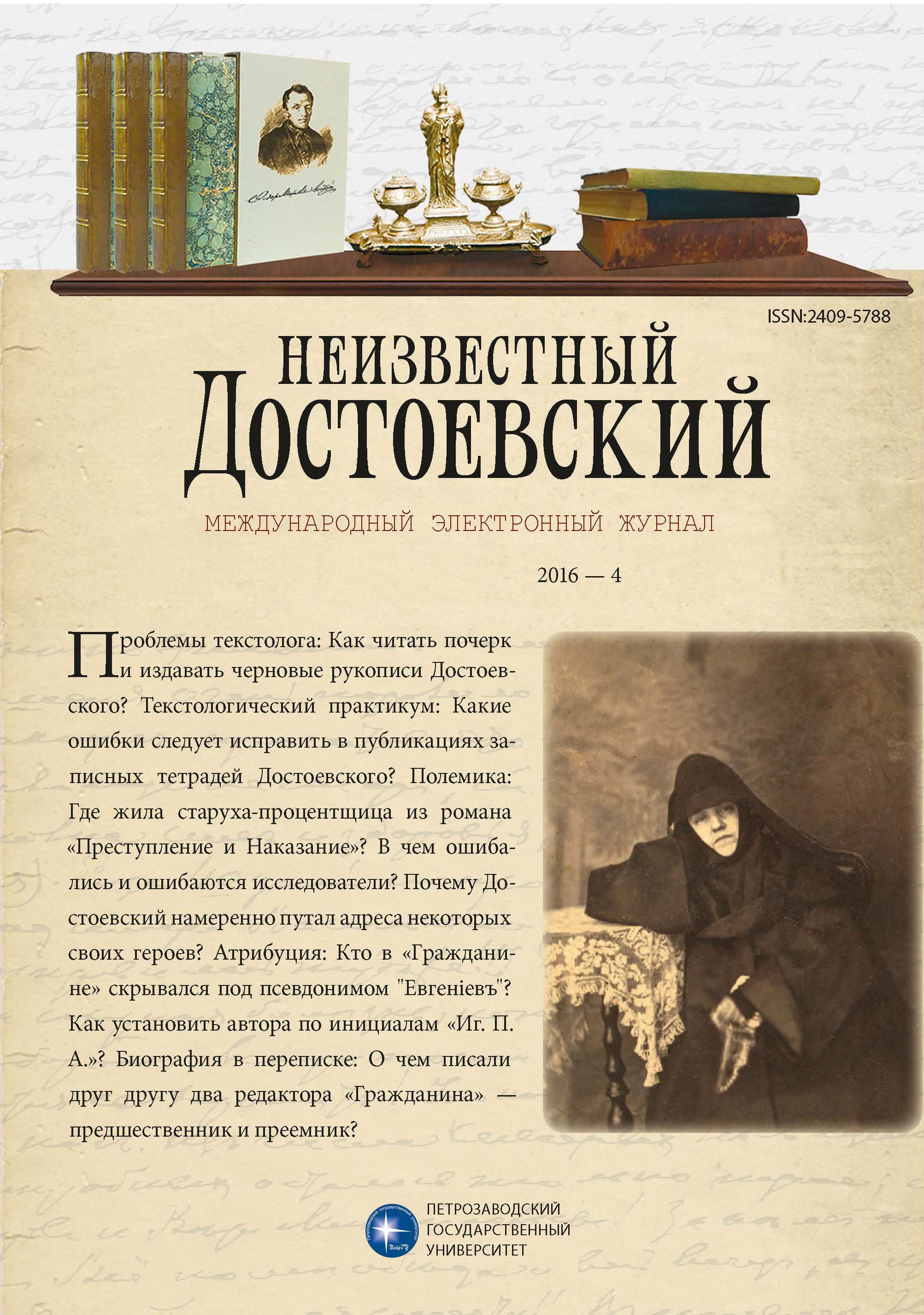
Проблемы публикации рукописного текста Достоевского (на материале черновых рукописей)
The article is devoted to the textual analysis and publication of Dostoyevsky’s draft manuscripts, more specifically sketches in his notebooks and coherent draft texts. The presented results cover the manuscripts created between 1865 and 1879, such as drafts of the novels “Crime and Punishment”, “The Idiot”, “The Adolescent”, and “The Brothers Karamazov”. The Article also considers in detail scientific approaches to the publication of Dostoevsky’s creative heritage evolved in the 1920s–1930s and developed later, into the scientific concept of academic edition of the author’s works. Based on this analysis, the range of issues is determined, important for modern Dostoevsky studies and for new projects related to the publication of Dostoevsky’s texts, both paper and electronic books.
More...
